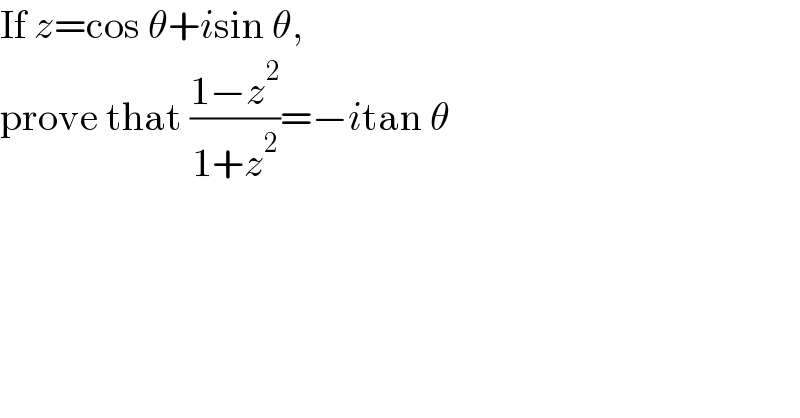
Question and Answers Forum
Question Number 143097 by ZiYangLee last updated on 10/Jun/21

Answered by MJS_new last updated on 10/Jun/21

| ||
Question and Answers Forum | ||
Question Number 143097 by ZiYangLee last updated on 10/Jun/21 | ||
 | ||
Answered by MJS_new last updated on 10/Jun/21 | ||
 | ||
| ||